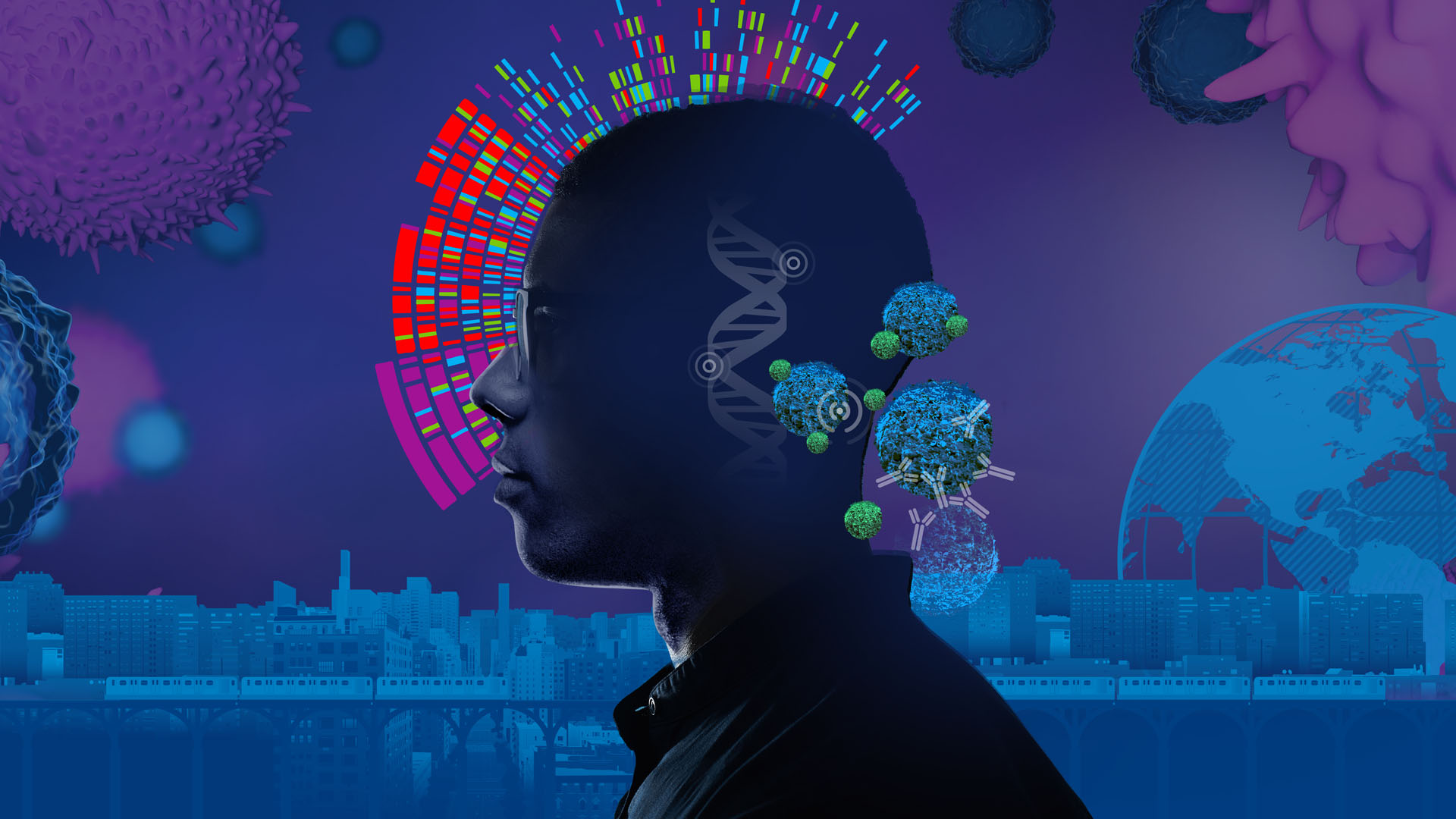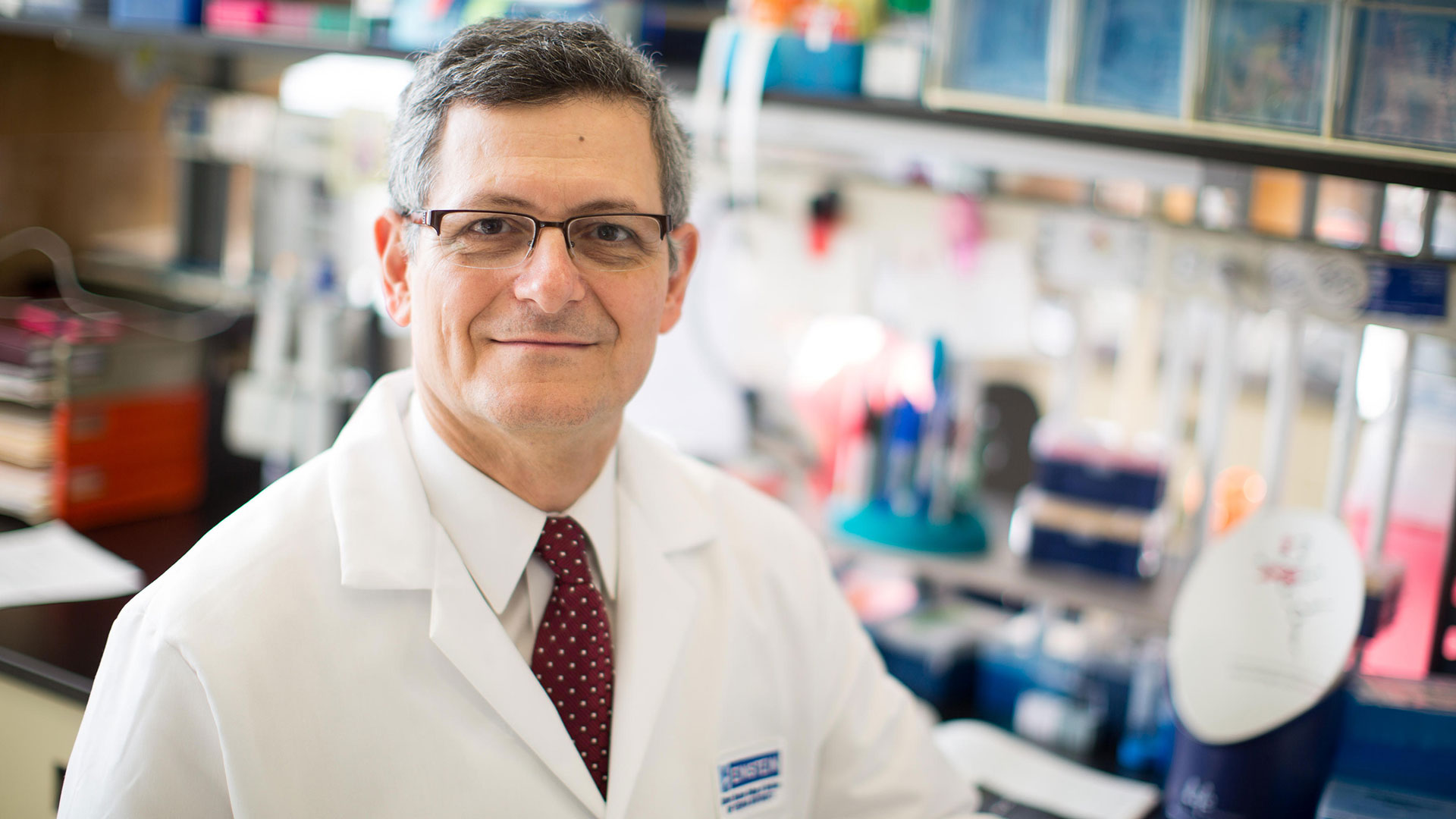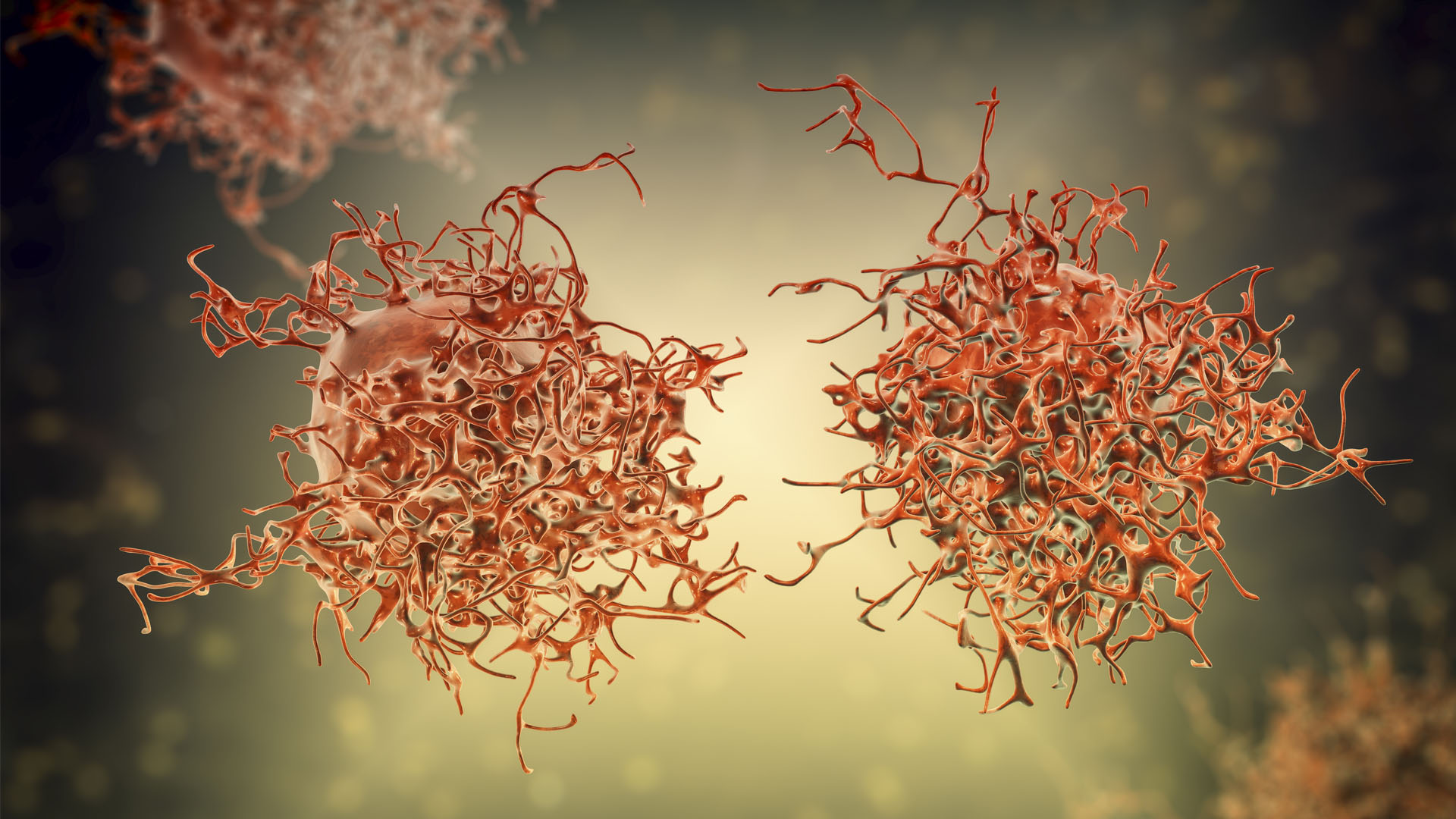Overview
The Medical Scientist Training Program (MSTP) at the Albert Einstein College of Medicine (Einstein) is one of the nation's oldest. From the start, our goal has been to train a diverse group of outstanding students to become future leaders of academic medicine and medical research. Continuously funded by the National Institutes of Health since 1964, the Einstein MSTP has 516 illustrious Alumni with careers spanning the spectrum from basic science research to clinical medicine and many variations in between.
Today, the Einstein MSTP is still unique. Larger than most other MSTPs, it fosters a strong academic and social community within the college. While large enough to be an independent academic unit, the program is still small enough to provide students with the individual attention their unique careers require.
The MSTP recognizes that the successful physician-scientist training is not simply medical school plus graduate training. The program integrates MSTP-specific courses with medical and graduate courses, during the first 18 months of preclinical course work. Integration continues in the PhD thesis years through weekly involvement in the MSTP Continuity Clinic. Students have outstanding publications and residency placements.
The Einstein MSTP encourages applications from all individuals. The College's Diversity and Inclusion Strategic Plan for Excellence states, "At Einstein, we value all people and perspectives that make us unique and increase our diversity at large. Consistent with its focus on social justice, Albert Einstein College of Medicine reaffirms its commitment to recruiting, retaining, and advancing individuals from historically underrepresented and marginalized minority groups in the scientific and medical professions. At the College of Medicine, this includes, (in no particular order, and is not limited to) women, individuals who are Black, Latino/Latina; Pacific Islander or indigenous Americans; individuals from new immigrant populations; individuals with both apparent and nonapparent disabilities; all sexual and gender minorities, including lesbian, gay, bisexual, asexual and queer people as well as transgender, gender-nonconforming and intersex individuals; religious minorities; and individuals from economically disadvantaged backgrounds."



